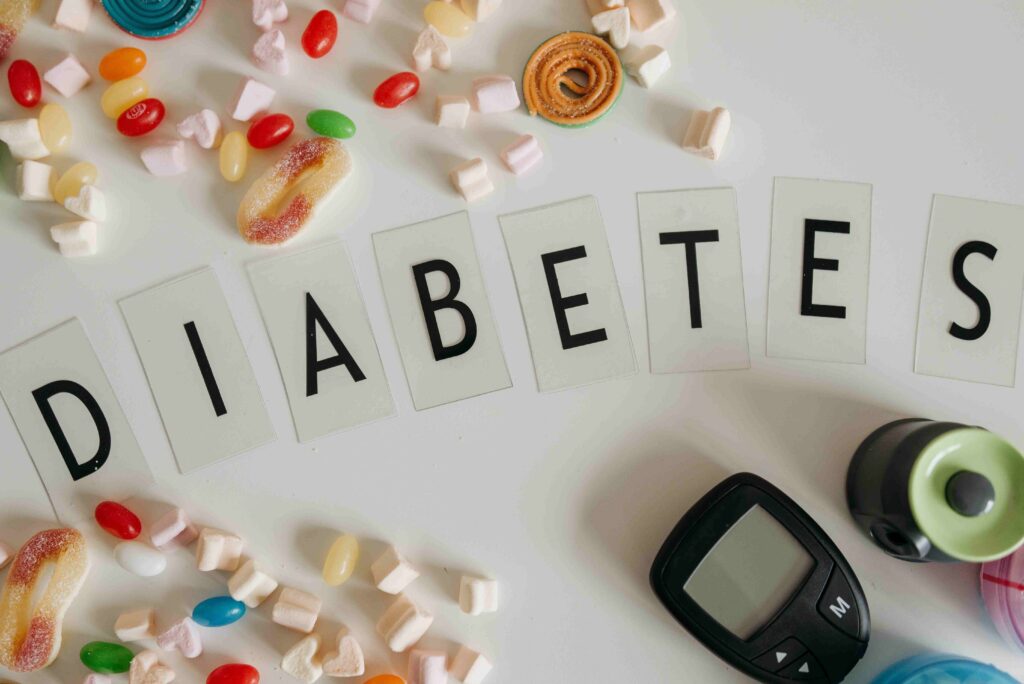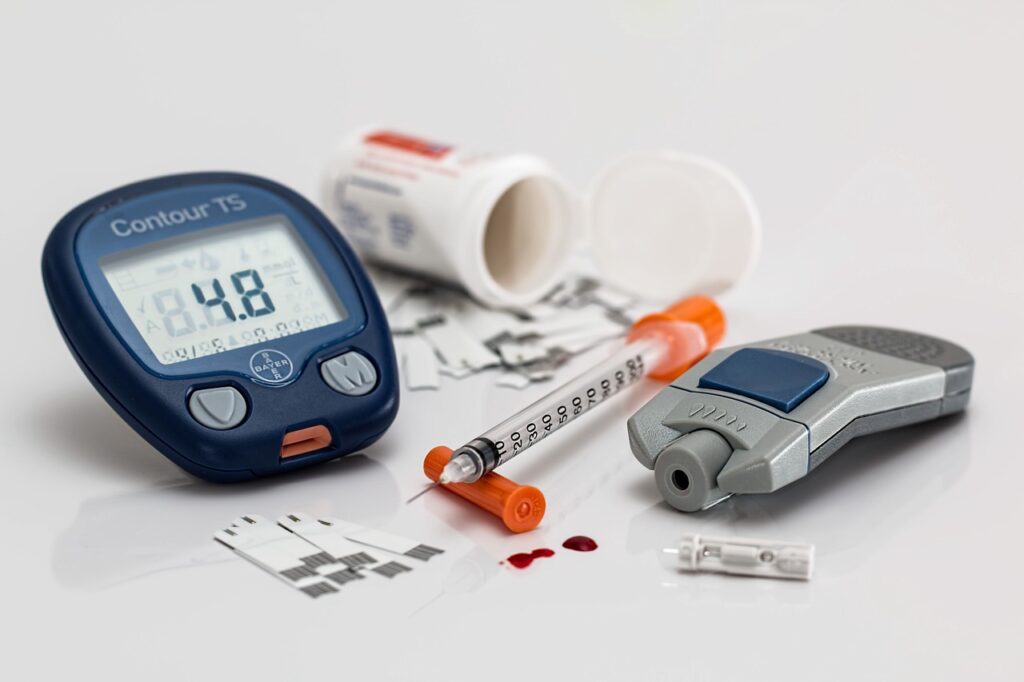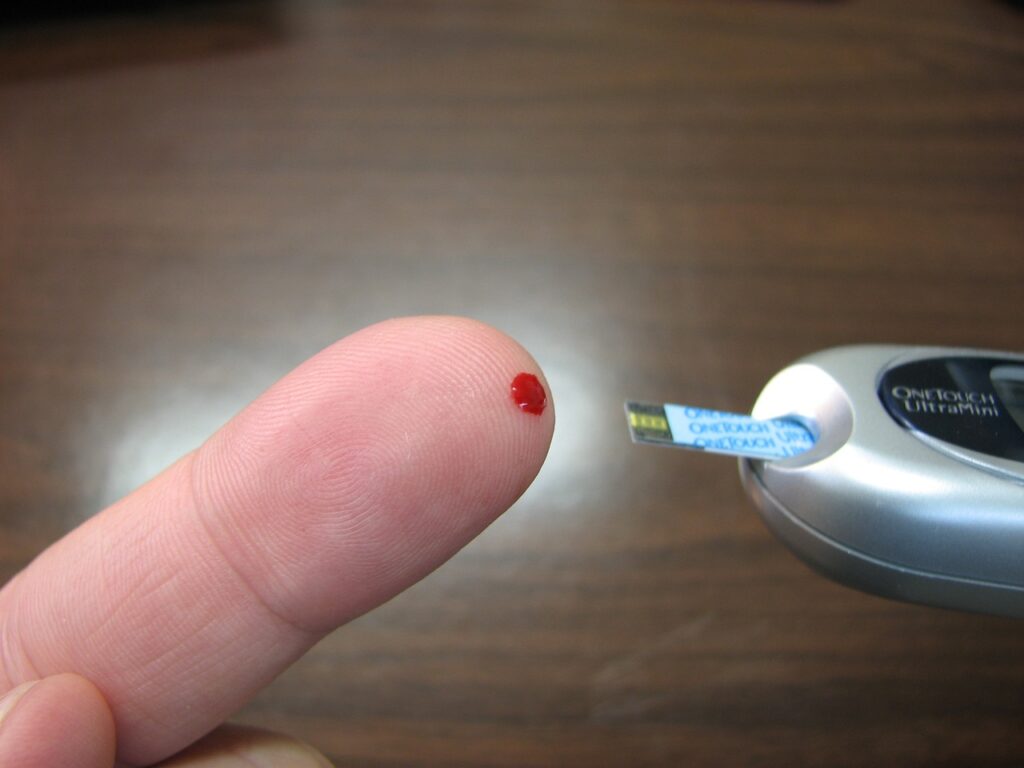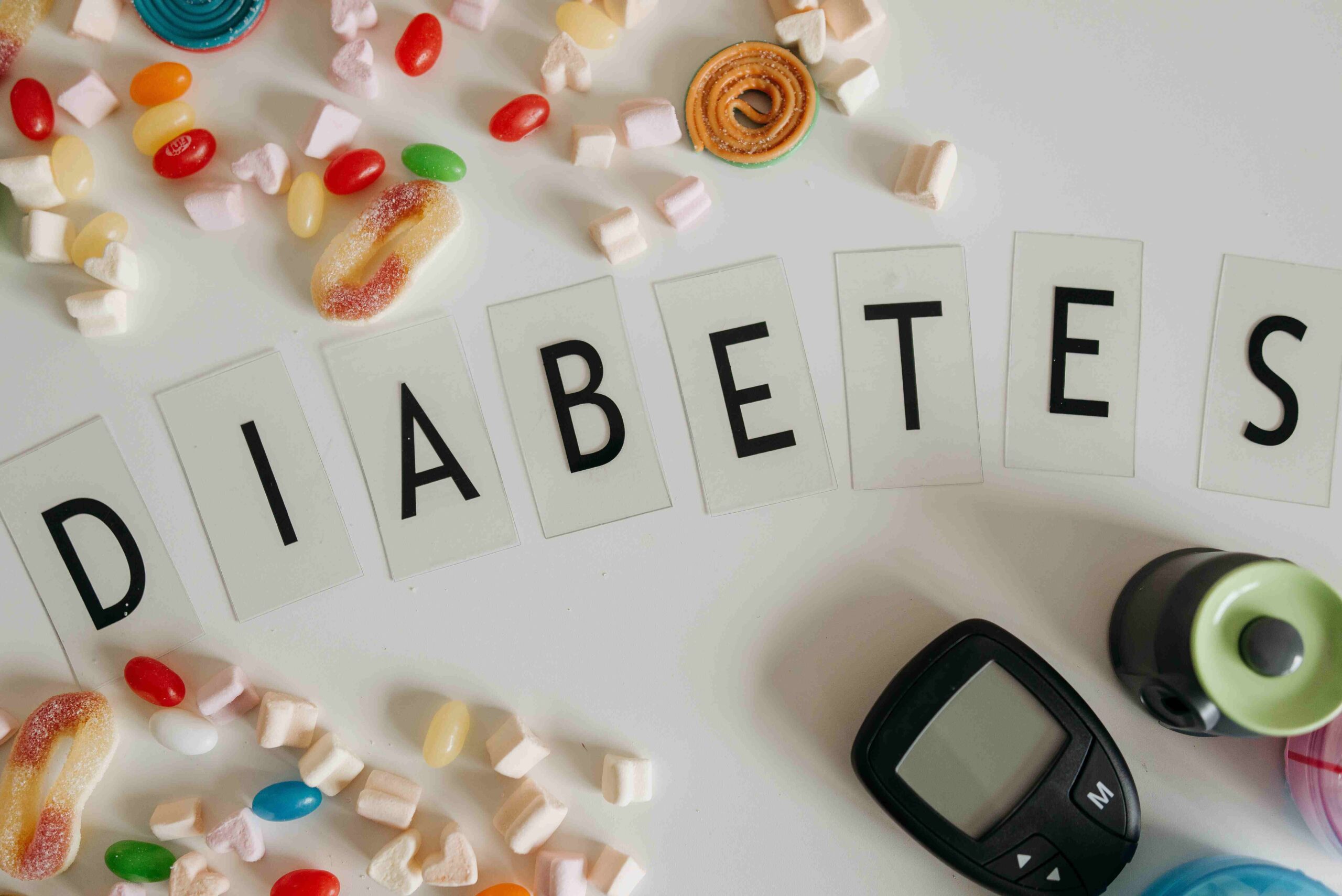- Effective diabetes management requires a holistic approach, encompassing healthy lifestyle choices, regular blood sugar monitoring, and personalized treatment plans guided by healthcare professionals.
- Diabetes affects huge number of people worldwide. It is characterized by high levels of glucose in the blood, either due to inadequate insulin production or the body’s inability to use insulin effectively. Two types of diabetes:- type 1 and type 2.
- Type 1 diabetes, also called as juvenile diabetes, is an autoimmune disease destroys the cells in the pancreas that produce insulin. This results in little to no insulin production, requiring lifelong insulin treatment.
- On the other hand, type 2 diabetes occurs when the body becomes resistant to insulin or does not produce enough of insulin. It can be managed with a combination of lifestyle changes, oral medications, and sometimes insulin therapy.
- Managing diabetes effectively requires a holistic approach that includes regular monitoring of blood sugar levels and consistent check-ups with healthcare professionals. This ensures that any potential complications are detected early on and proper measures can be taken to prevent them.
Blood Sugar Testing for diabetes management
- One key aspect of diabetes Management is regularly monitoring blood sugar levels. Blood sugar testing involves taking a small sample of blood from your finger or arm using a lancet device and checking it with a glucose meter.
- This helps you understand how different foods, physical activity, stress, illness, and medications affect your blood sugar levels throughout the day.
- Depending on your individual needs and treatment plan prescribed by your doctor, you may need to test your blood sugar multiple times a day (before meals or at specific intervals) or less frequently (once daily). Consistency in testing is crucial for understanding patterns in your blood sugar levels and making the necessary adjustments to manage them effectively.
Tips for Effective Monitoring and Check-ups
Understanding the Importance of Diabetes Management

- The first step towards effective diabetes management is understanding its importance. Regularly checking blood sugar levels helps in identifying any fluctuations and making timely interventions to prevent complications. It also allows individuals to assess the effectiveness of their current treatment plan and make the necessary adjustments if needed.
Keep a Record for better Diabetes Management
- Keeping a record of your blood sugar readings is essential for effective monitoring. This can be done using a journal or through various apps available on smartphones. Recording your readings with other factors such as diet, exercise, medication intake, and stress levels can provide valuable insights into how different factors affect your blood sugar.
Know Your Target Range
- Every individual’s target range may vary depending on factors such as age, weight, overall health, and type of diabetes. Consult with your healthcare provider to determine what target range is appropriate for you and strive to keep your blood sugar within that range.
Monitor at Different Times
- Blood sugar levels can change throughout the day due to various factors such as meals, physical activity, stress, illness, or medication changes. To get a better understanding of how these factors affect your blood sugar levels, it is recommended to monitor you at different times during the day.
Be Consistent
- Consistency is key when it comes to monitoring blood sugar levels effectively. Establishing a routine for checking your levels can help you stay consistent with your monitoring efforts.
Don’t Rely Solely on Symptoms

- In some cases, individuals may not experience noticeable symptoms even when their blood sugar levels are high or low. Therefore, it is important not to rely solely on symptoms and regularly monitor your blood sugar levels to avoid any potential complications.
Attend Regular Check-ups
- Along with self-monitoring, it is crucial to attend regular check-ups with your healthcare provider. These appointments allow for a more comprehensive assessment of your diabetes management, including physical exams, lab tests, and adjustments to your treatment plan if necessary.
- Effective monitoring and regular check-ups are vital components of managing diabetes. By following these tips, individuals can better understand their condition and take the necessary steps towards achieving optimal blood sugar control.
- It is important to stay consistent with your monitoring efforts and attend regular check-ups for a successful diabetes management journey.
Common Misconceptions about Monitoring and Check-ups
- Monitoring and regular check-ups are crucial components of diabetes management. However, there are several misconceptions surrounding these practices that may prevent individuals from properly managing their condition. In this section, we will debunk some of the most common misconceptions about monitoring and check-ups in diabetes management.
I feel fine, so I don’t need to monitor my blood sugar levels
- One of the most dangerous misconceptions is that if a person with diabetes does not experience any symptoms, they do not need to monitor their blood sugar levels regularly. The truth is that high blood sugar levels can cause damage to organs and nerves without causing any noticeable symptoms at first.
- This silent damage can lead to serious complications such as heart disease, kidney disease, nerve damage, and vision problems. Regular monitoring helps detect any changes in blood sugar levels early on, allowing for timely adjustments in treatment plans.
I can skip my check-up if my blood sugar readings are consistently good

- Some people with diabetes may believe that if their blood sugar readings have been consistently good, they do not need to go for regular check-ups with their healthcare provider. However, regular check-ups are essential even if one’s blood sugar levels are under control as they allow for an overall assessment of the individual’s health status.
- These appointments also provide an opportunity for healthcare professionals to review and adjust treatment plans based on individual progress.
Monitoring is only necessary when taking insulin
- Another misconception is only those who take insulin injections need to monitor their blood sugar levels regularly, while those on oral medication can skip this step.
- The truth is that everyone with diabetes should monitor their blood sugar levels regardless of the type of medication they take or the severity of their condition.
I don’t have time for monitoring or check-ups
- Many people with busy schedules may believe that they do not have time to monitor their blood sugar levels regularly or go for check-ups. However, diabetes management is a lifelong commitment, and it is crucial to make time for monitoring and check-ups to prevent long-term complications.
- With advancements in technology, monitoring blood sugar levels has become quicker and more convenient than ever before.
I can rely on how I feel to manage my diabetes
- Some people may believe that they can rely on how they feel to their diabetes management instead of regular monitoring and check-ups. However, this approach can be dangerous as symptoms of high or low blood sugar levels may vary from person to person, making it unreliable as an indicator of overall health status.
- These misconceptions about monitoring and check-ups in diabetes management can have serious consequences if not addressed. It is essential to understand the importance of these practices and make them a priority in managing one’s condition effectively.
- Regular monitoring and check-ups not only help keep blood sugar levels under control but also prevent potential complications, leading to a better quality of life for individuals with diabetes.
Conclusion
Empowering Yourself through Proper Monitoring and Check-ups
- It is evident that proper monitoring and regular check-ups are vital components of effective diabetes management. By consistently tracking your blood sugar levels and attending check-up appointments with your healthcare team, you can take control of your condition and improve your overall health.
- The importance of self-monitoring cannot be stressed enough for individuals with diabetes. Through daily blood sugar testing, you can identify patterns in your glucose levels and make the necessary adjustments to your diet, medication, or exercise routine.
- This not only helps to prevent dangerous highs and lows but also allows you to maintain stable blood sugar levels for better long-term health outcomes.
What is the best diabetes management?
Diabetes management involves a combination of lifestyle modifications, medication, and regular monitoring. It’s essential to work closely with healthcare professionals to develop a personalized plan tailored to individual needs.
What is general diabetes management?
The general diabetes management involves a holistic approach that addresses various aspects of an individual’s lifestyle, including diet, physical activity, medication, monitoring, and overall health.
What are the 7 steps to control of diabetes?
While there isn’t a fixed set of “7 steps” universally agreed upon, diabetes management typically involves a combination of lifestyle changes and medical interventions.
What are 5 treatments for diabetes?
The treatment of diabetes involves a combination of lifestyle modifications, medications, and, in some cases, insulin therapy.
Why is diabetes management important?
Diabetes management is crucial for several reasons, and effective control of the condition can significantly improve an individual’s overall health and quality of life.

